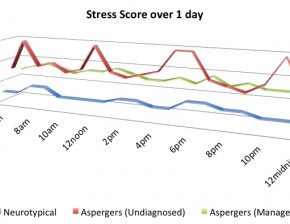Workplace Loneliness is Real
 June 23rd, 2022 in Blog
June 23rd, 2022 in BlogI was writing about ‘loneliness’ back in 2018 – before Covid and mass remote working was amongst us and before the global energy crisis and inflation started pressing in on people’s lives. Despite a lot of parliamentary gesturing and the setting up of the government’s Tackling Loneliness Network, the Office for National Statistics has revealed that even after the lifting of social restrictions, more people are now…
» Read more


